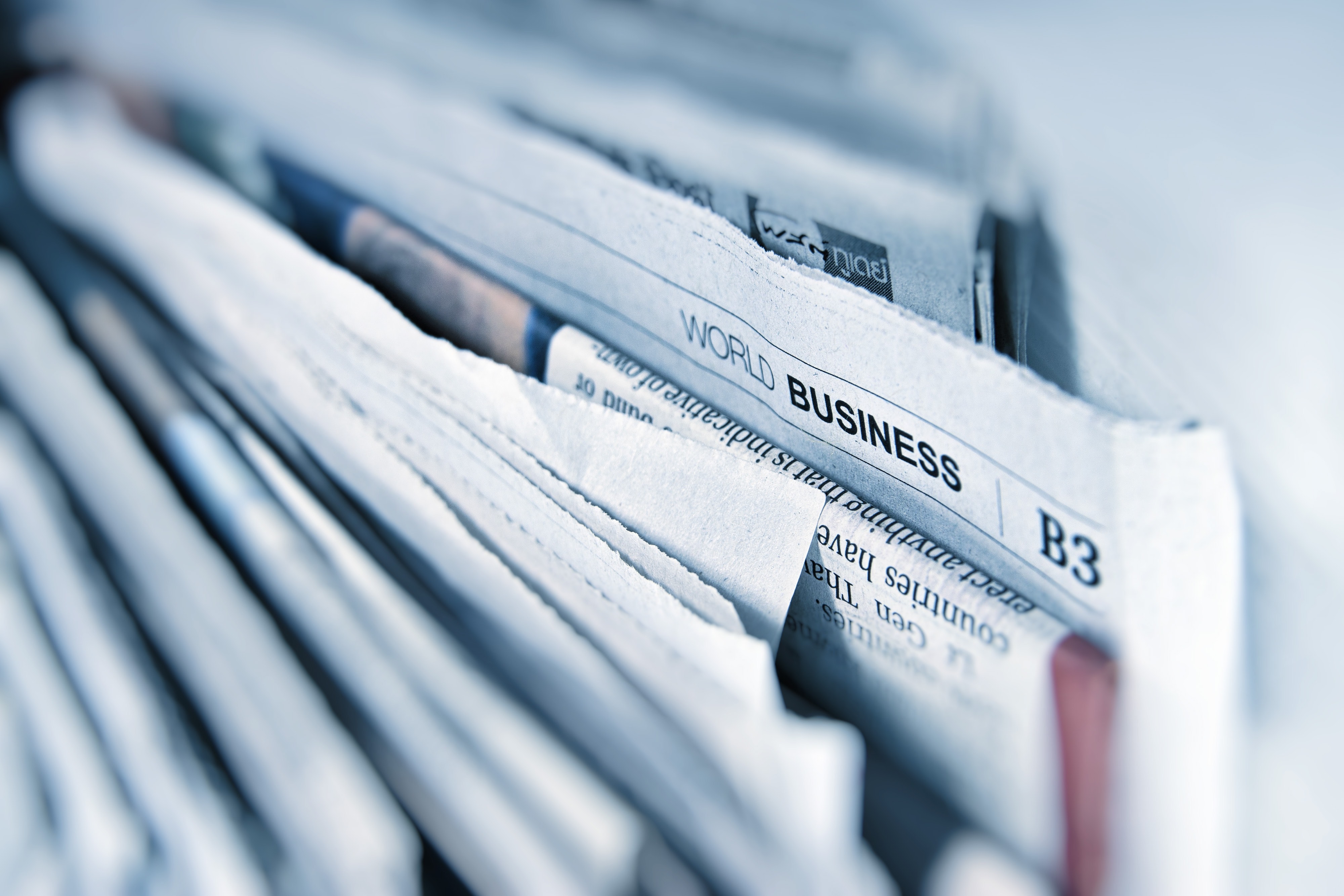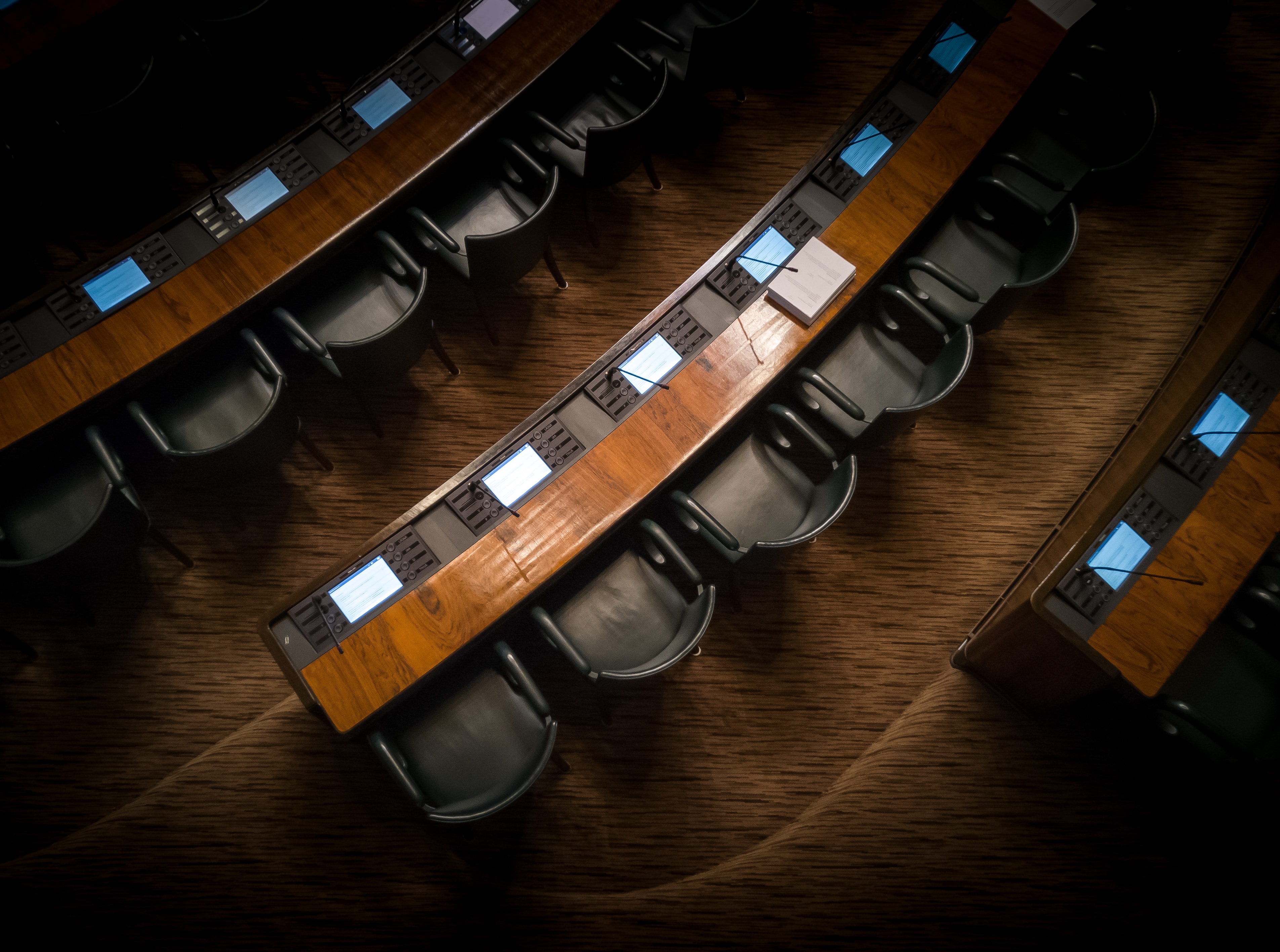Competitive Disclosure of Correlated Information
The paper analyzes a model of competition in Bayesian persuasion in which two senders vie for the patronage of a receiver by disclosing information about the qualities of their respective proposals, which are positively correlated. The information externality—the news disclosed by one sender contains information about the other sender’s proposal—generates two effects on the incentives for information disclosure. The first effect, which we call the underdog-handicap effect, arises because the receiver is endogenously biased toward choosing the ex ante stronger sender. The second effect, which we call the good-news curse, arises because a sender’s favorable signal realization implies that the rival is more likely to generate a strong competing signal realization. While the underdog-handicap effect encourages more aggressive disclosure, the good-news curse can lower disclosure incentives. If the senders’ ex ante expected qualities are different, and the qualities of their two proposals are highly correlated, then the underdog-handicap effect dominates. Furthermore, as the correlation approaches its maximum possible value, the competition becomes so intense that both senders engage in full disclosure in the unique limit equilibrium.









